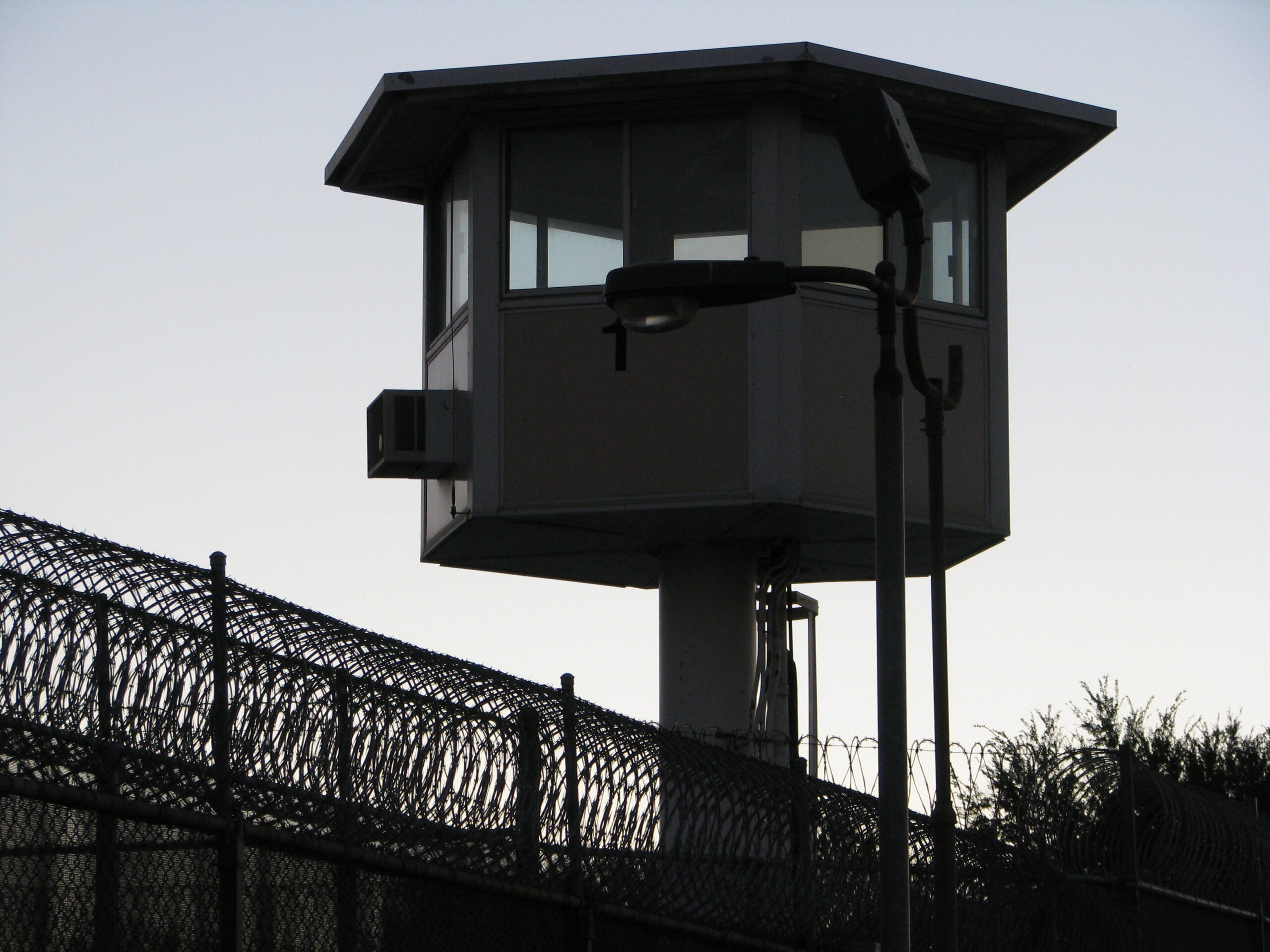The Department of Corrections (DOC) has released a report that it says disproves recent allegations that the parole commission is discriminating against inmates who were sentenced before “truth in sentencing” went into effect 14 years ago.
The allegations came from WISDOM, a statewide prison reform coalition. In December, WISDOM asked Gov. Scott Walker to order an audit of the parole system and to make a concerted effort to release prisoners who were sentenced before parole was abolished.
The report from the DOC highlights the fact that 95 percent of the almost 3,000 prisoners still eligible for parole are serving time for violent offenses. Almost 2,000 of them are serving time for either rape or murder. Most committed their crimes in their 20s and are now in their 40s.
Stay informed on the latest news
Sign up for WPR’s email newsletter.
Reverend Jerry Hancock of WISDOM’s Madison chapter said those statistics don’t change his groups demand for reform.
“We want the people to be reviewed, people that have been locked up since they were 20 years old, to see if they might have changed,” said Hancock. “That was the assumption the judge made when they were sentenced. We want them to have a fair chance, and that fair chance is being denied by the parole commission and the Department of Corrections.”
Hancock said when he met with DOC staff last week, they made it clear they saw no reason to change the way the parole commission is currently operating.
WISDOM is drafting a letter to Walker renewing their demand for a third-party ombudsman to audit the parole commission and recommend changes that will expedite the release of prisoners sentenced before truth in sentencing went into effect in 2000. Since then, judges have handed down bifurcated sentences that include mandatory prison time and a second period of supervision after release.
Editor’s Note: The Wisconsin Department of Corrections did not respond for comment by this story’s airtime.
Wisconsin Public Radio, © Copyright 2025, Board of Regents of the University of Wisconsin System and Wisconsin Educational Communications Board.





